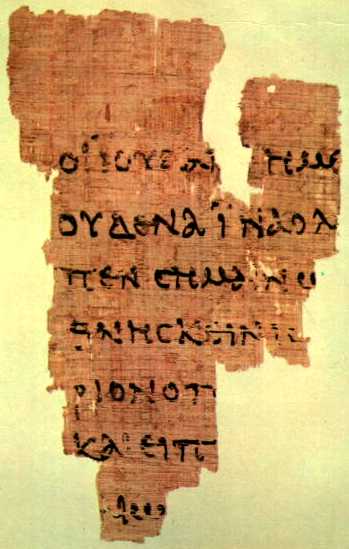Ehrman redux

Though this site may begin to resemble an Ehrman fan site, I want to alert you all to the transcript of a debate on the resurrection between William Craig and Bart Ehrman. I skimmed quickly the 39 page document, and I think I can summarize the two sides briefly. Craig represents a traditional defense of Christian orthodoxy with the added methodological sophistication of historical criticism; that is, he uses the tools of history to assert the probability that God raised Jesus from the dead.
Ehrman, on the other hand, is a historian through and through. Because bodily resurrections are not observable phenomena, it is not within the realm of the historian to make this assessment. In other words, no one can prove historically that the resurrection occurred because, by the rules of history, resurrection is utterly impossible. It has never happened; a historian can never validate such a claim. Thus, it is far more likely that the resurrection did not occur.
Naturally, these are serious questions for us to ask. The resurrection is the center of our faith and the guarantee of our very lives. I wonder, however, if both Craig and Ehrman are talking past each other. Both Craig and Ehrman are debating the possibility of the resurrection by the rules of historiography, rules that do not hold an epistemological privilege. That is, history is not the only way for us to know or learn something. Theology plays by different rules than history does. In theology, there is no reason to discount the resurrection; in history, I agree with Ehrman that we cannot prove the resurrection. We confuse ourselves when we use historical inquiry to make a theological claim or vice versa.
So, the question remains whether the resurrection actually happened; I think this debate demonstrates that your answer depends on what hat you are wearing when you answer. Are you a historian? Are you a theologian? Are you both?


















